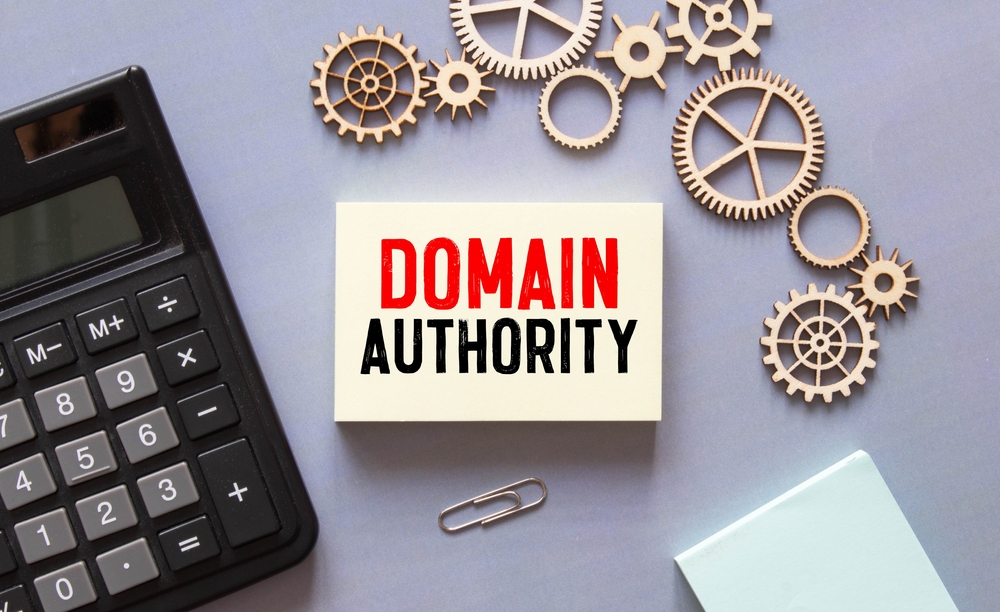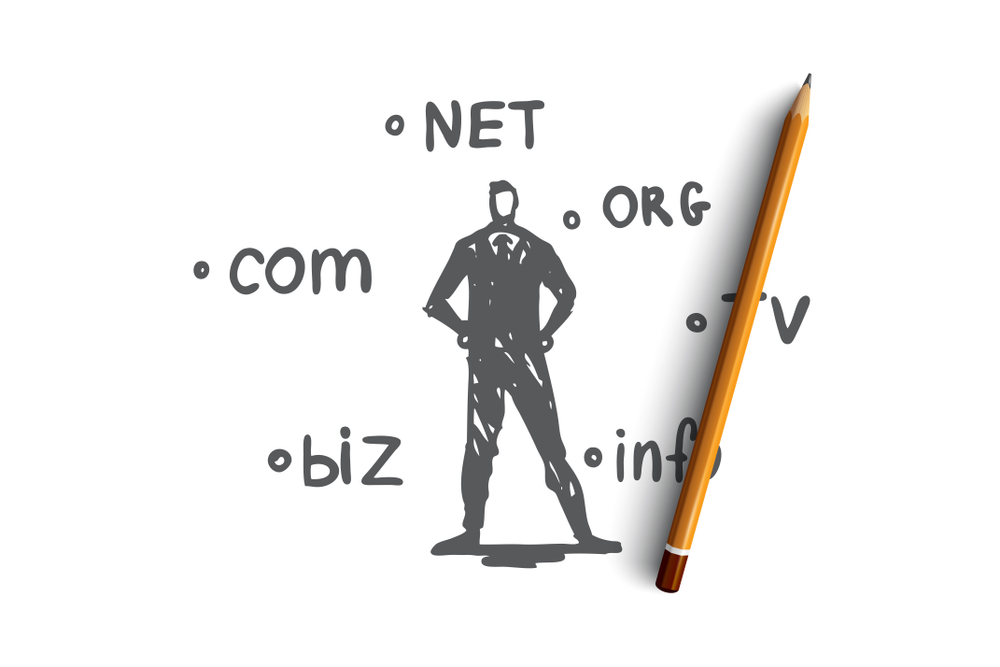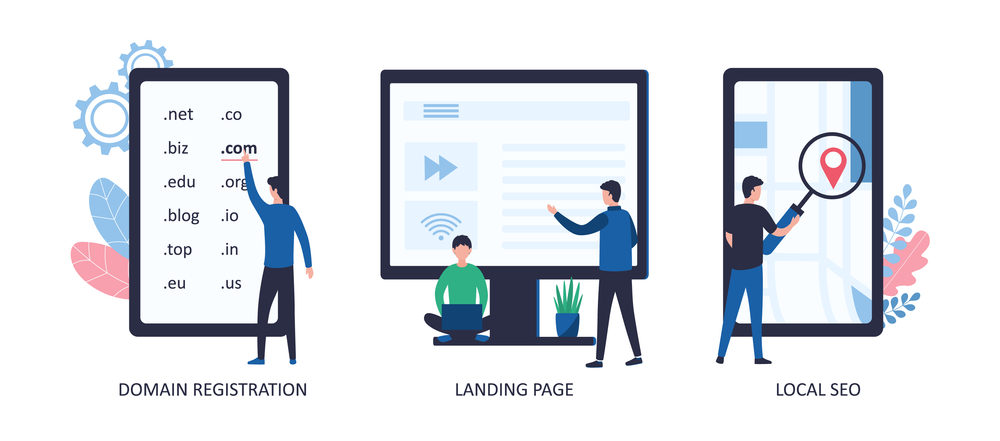Choosing a Domain for Business: Build Your Brand from the Start
In today’s digital world, your domain name is the front door to your business. Whether you’re starting a local shop or launching an online platform, choosing a domain for business is one of the most crucial decisions for your brand identity, marketing success, and long-term online presence.
Why Your Business Domain Name Matters
Your domain name shapes the first impression visitors have of your company. It reflects your brand, builds trust, and impacts search engine optimization (SEO). An effective domain can make your business memorable and drive organic traffic.
How to Choose the Right Domain for Business
1. Keep It Simple and Memorable
A domain that’s easy to pronounce, spell, and remember is more likely to be typed correctly and shared.
Tips:
-
Use common words or brandable names.
-
Avoid complex words or unusual spellings.
-
Stick to 2-3 short words max.
Example:
Good: brightlegal.com
Poor: bright-legal-solutions123.com
2. Align with Your Brand Name
Your domain should closely match your business name. This helps with branding consistency across platforms, from your website to your social media handles.
If the exact match is taken, consider adding a relevant keyword or location (e.g., brightlegalny.com).
3. Use Business-Relevant Keywords
When choosing a domain for business, incorporating industry-specific keywords can boost your SEO.
Examples:
-
greenlawfirm.com(legal services) -
moderninteriorsdesign.com(interior design) -
ecofootwearstore.com(sustainable products)
But avoid stuffing—clarity comes first.

Choosing the Best Domain Extension
The domain extension (TLD) impacts your credibility and trustworthiness. .com is the gold standard, but others can work based on context.
Top TLDs for Business
-
.com– Most recognized and preferred -
.co– Trendy and short, good for startups -
.biz– Specifically for businesses -
.in– For Indian businesses or local branding
You can explore more TLDs on Namecheap’s domain search.
Check Domain Availability
Use a trusted domain registrar like GoDaddy or Namecheap to check domain availability. If your ideal name is taken:
-
Try slight variations.
-
Add a location or industry word.
-
Consider using a domain backorder service.
Secure the Domain Immediately
Once you’ve found the right domain:
-
Register it immediately.
-
Enable WHOIS protection.
-
Set it to auto-renew.
-
Buy multiple variations (e.g., common misspellings or alternate TLDs) to protect your brand.
Avoid These Domain Name Mistakes
1. Avoid Numbers and Hyphens
These create confusion when spoken and are often mistyped.
2. Don’t Imitate Existing Brands
Using a domain too close to a competitor’s can result in legal trouble. Check trademarks via the USPTO database.
3. Don’t Be Too Generic
Generic names are forgettable and often harder to rank. Be unique and brand-focused.
Keep Social Media in Mind
Check if matching social media handles are available. Use tools like Namecheckr to ensure brand consistency across platforms.
Ready to Launch? We Can Help
If you’re unsure about choosing a domain for business, our experts at Digitor can guide you through naming, registering, and building your online presence from the ground up.
Contact us here to get started.
Final Thoughts
Choosing a domain for business isn’t just a technical task—it’s a strategic move that impacts your branding, marketing, and credibility. Take time to research, brainstorm ideas, and secure the name that reflects your business vision. The right domain name will grow with your brand and support your digital success.















